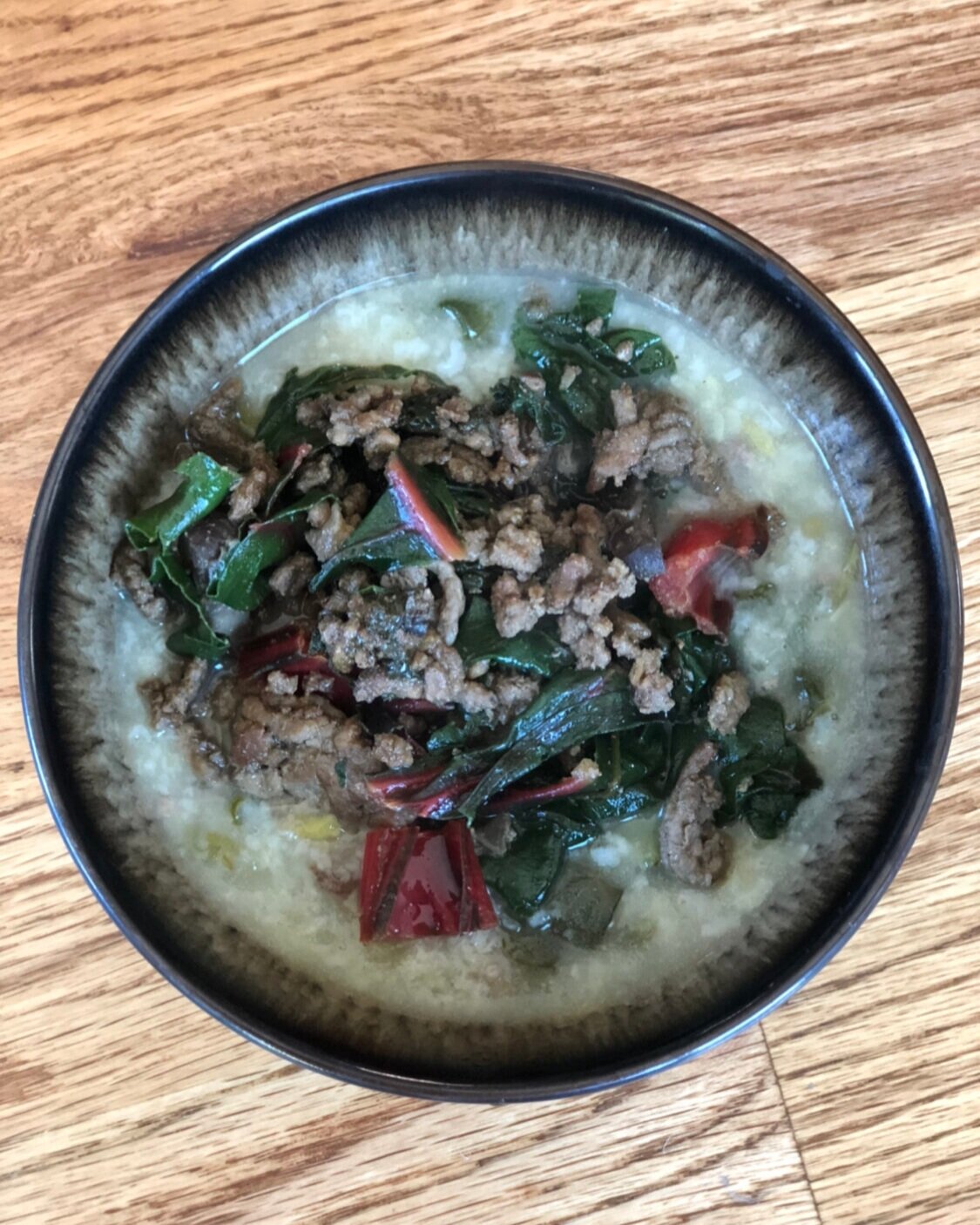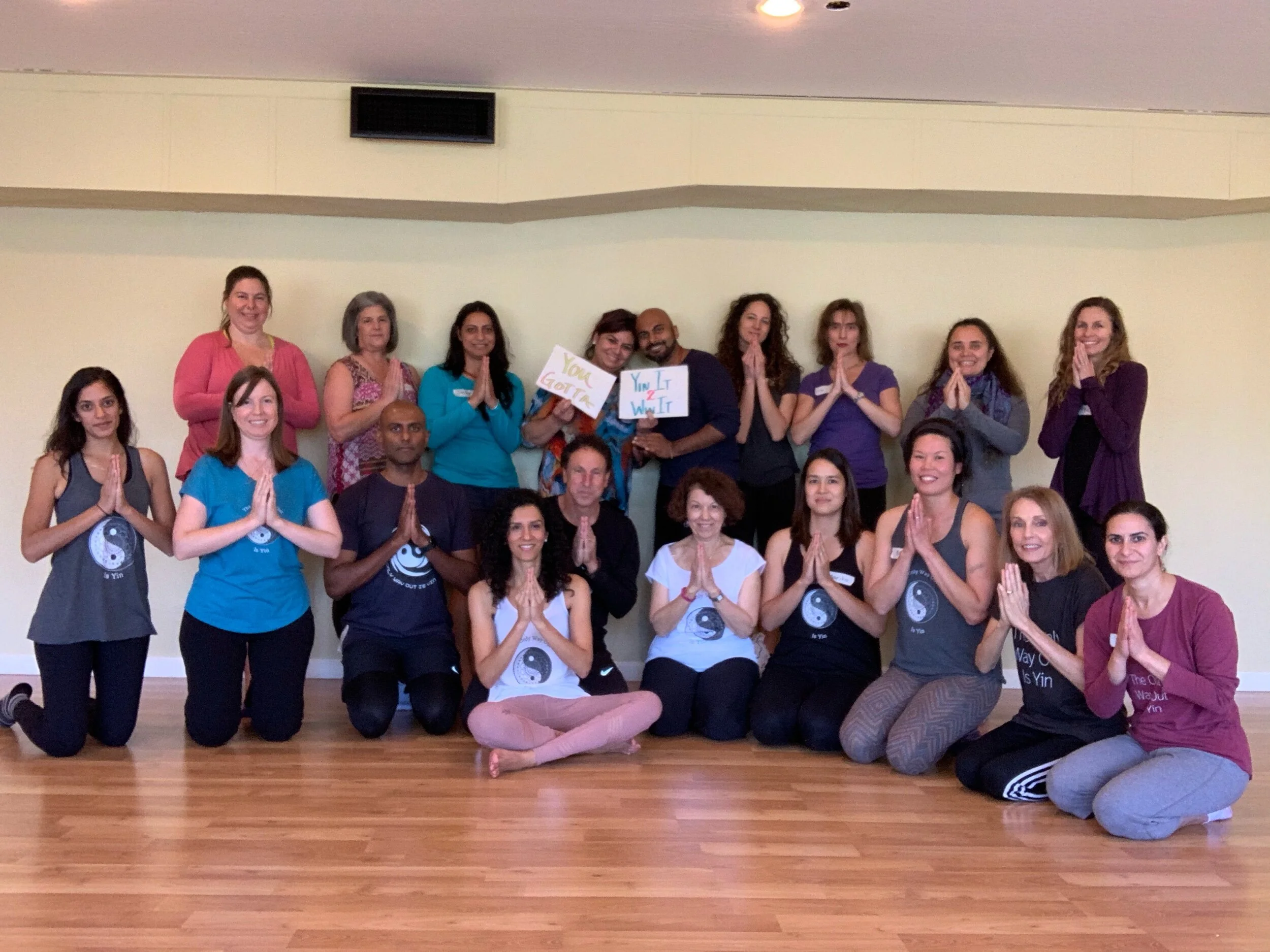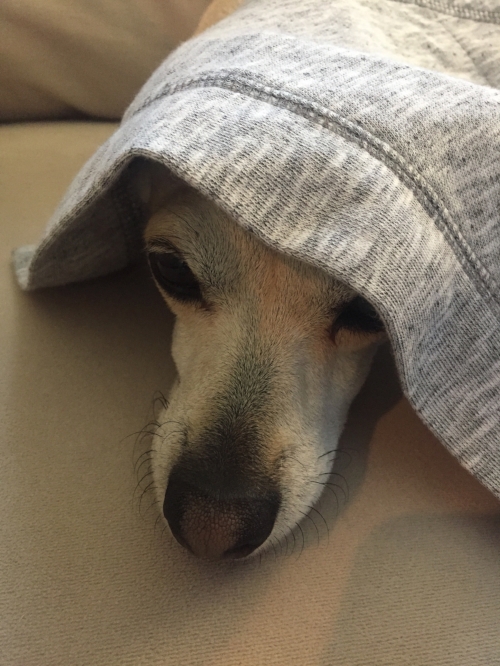by Setareh Moafi, Ph.D., L.Ac.
Recently I had the honor of taking part in a live online class taught by one of my heroes, Julia Cameron.
Julia is the author of the international bestseller The Artist’s Way, as well as over 40 other publications. Her work has impacted my life more than any other writer and if you know me well, you know how often I recommend her to others.
I had the pleasure of meeting this humble soul in person a couple years ago during an Artist’s Way workshop she hosted near my hometown. At that time, I was celebrating over a decade of writing Morning Pages and was able to let her know personally how profound an impact this practice had (and continues to have) on my life.
My morning writing practice drops me every day into silence to listen to my inner truths, regardless of how uplifting or painful they may be.
Throughout this new course, Julia talked about the power of deep listening to hear the sounds in your surroundings, your mind, your heart, to guidance, and even the sound of silence.
It reminded me of one of my favorite quotes by Ram Dass: “The quieter you become, the more you can hear.”
As I got quiet and listened, I started hearing sounds I’d never heard before in my home, during my yoga practice and on my walks.
I began to have a greater appreciation for simple things, like the scratching of my dogs’ feet as they walked across our hardwood floors and my mother’s voice as she spoke to me on the phone.
I began to listen more deeply to my inner wisdom for what I wanted or needed. And I started to listen more acutely to the guidance that comes constantly from Source.
To me, deep listening is at the heart of presence.
To be able to hear what others have to say without needing to respond or do anything is freeing.
How liberating to simply be present with what is rather than feel I have to control everything!
Silence is powerful. More often than not, simply listening to someone share rather than speaking provides the space for clarity to arise for that person. The same goes when you listen to yourself.
At a time in history that’s perhaps noisier than any other — with the blaring sounds of the news, social media, and a landscape filled with fear, anxiety and worry, it’s essential to stop and listen.
While you may not be able to turn off the noise, becoming more aware of the sounds in both your inner and outer worlds can change how you experience them.
Taking time to slow down and truly listen helps lower the volume of distraction and tune you in to the wisdom that lies within.
Then, you can reveal the truth of not just what you truly feel, but also what you truly need and want.
2 Simple Practices to Help You Listen More Deeply:
Listen & Write
With a pen and paper in hand, sit in a quiet corner of your home.
Close your eyes.
Take three deep breaths.
Now, open your eyes and write down every sound you hear in your environment—the fan of your heater, cars driving by outside, birds chirping, the rain or the breeze, the sound of your children walking or dogs barking, etc.
Write down every single sound you hear for the next 3-5 minutes.
Then pause and take another three breaths.
Be still with all that is in the moment.
Now write down what you feel – physically, emotionally and mentally.
This may stir up some emotion, especially if it’s been a while since you’ve taken time like this for yourself. Invite in all the feelings.
Listening deeply is essential to hearing your personal truth. Writing it down clarifies the path to your authentic self.
10 Minute Meditation (BEME Meditation): the meditation below will help you listen more closely, more often.
I like to call it The BEME Meditation; it’s a practice I developed that invites you to listen to your body, emotions, mind and environment, without judgment.
While judgments and inner narratives can distort reality and cause you to suffer, the process of quiet observation supports you to be authentic by simply being more present.
So feel, hear, be.
And know that everything will be OK, even if you don’t feel OK in this particular moment.
What’s the soundtrack that’s playing in your life right now? I’d love to hear about it in the comments below.
Setareh Moafi, Ph.D., L.Ac. is Co-Owner and Director of A Center for Natural Healing in Santa Clara, California, a health and wellness clinic that specializes in Classical Chinese Medicine and Traditional Japanese Acupuncture. Dr. Moafi offers a one-of-a-kind form of empowerment coaching, clinical services, and transformational workshops and online courses that blend the ancient practices of Classical Chinese Medicine and Yoga. More information at www.setarehmoafi.com.
















